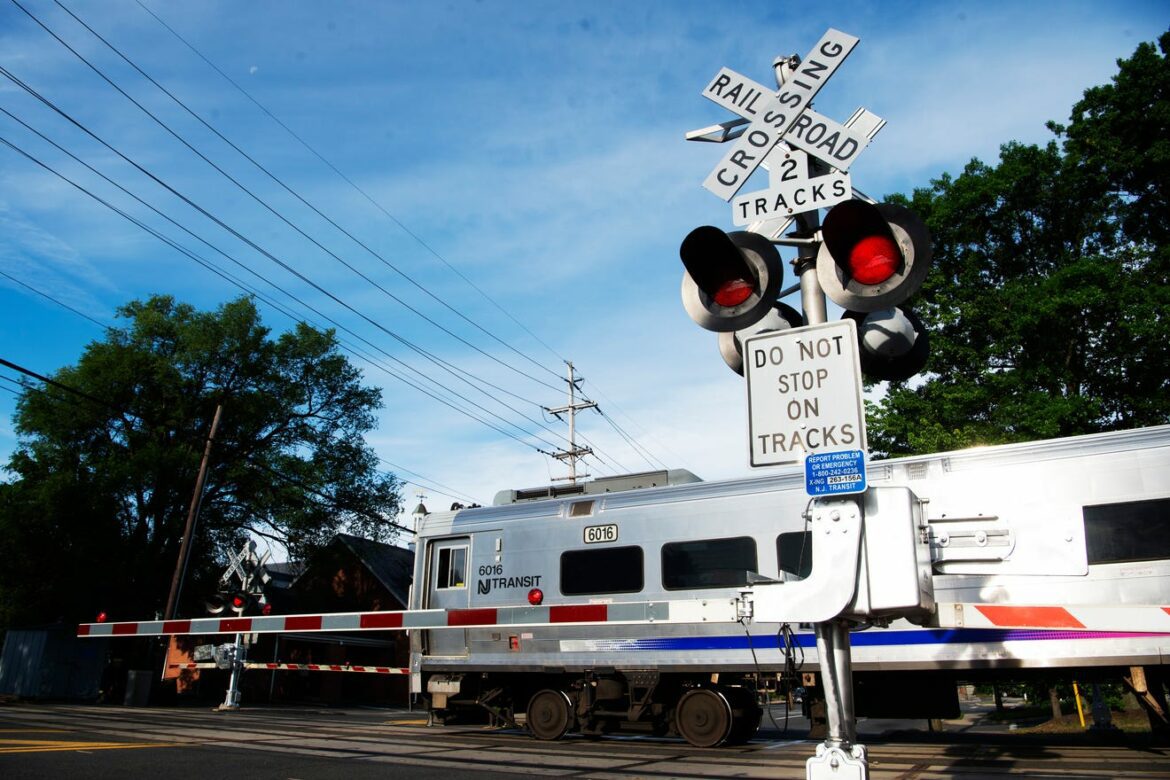Public Spending, Transportation
New Jersey taxpayers cannot tolerate a $1B shortfall for NJ Transit. We deserve solutions

Regarding “NJ Transit board approves $54 million for HQ move, but still no solution for fiscal cliff,” NorthJersey.com, USA TODAY Network New Jersey, Dec. 14:
A recent NorthJersey.com and USA TODAY Network New Jersey report researched and authored by Colleen Wilson — who is doing laudable work — paints the picture of NJ Transit as a state agency run amok. The most recent decision from the agency’s board will see it embark on a massive spending spree while staring down the barrel of a nearly $1 billion shortfall in 2026 that threatens to result in rate hikes and layoffs, at a minimum.
When asked what his administration planned to do about the impending fiscal cliff faced by the agency that operates an active fleet of 2,221 buses, 1,231 trains and 93 light rail vehicles, and provides nearly 270 million passenger trips each year, Gov. Phil Murphy told reporters that the issue is “not hanging over our head tomorrow” — effectively punting the issue to fiscal year 2025-26, when he is no longer in office and it will be someone else’s mess to clean up.
To drive that point home even further, the governor’s NJ Transit Board Chair and Commissioner of Transportation, Diane Gutierrez-Scaccetti, will vacate her post later this month to become the governor’s chief of staff.
Furthering their avoidance of any responsibility, the governor and the NJ Transit leadership also took a pass on addressing the more immediate $120 million deficit coming up next year, only offering a blanket “everything is on the table” statement — which usually means bad news for riders and taxpayers.
What about spending discipline?
Apparently, the one thing not on the table, though, is spending discipline.
According to the report, NJ Transit’s board unanimously approved $53.6 million for moving, furnishing and building costs to outfit the agency’s new headquarters at 2 Gateway in Newark — which came in nearly 35% over budget. NJT blamed higher-than-expected information technology and labor costs.
Moreover, the $54 million move cost is in addition to the $440 million, 25-year lease the agency signed this summer for over 400,000 square feet of space at the Gateway building less than a half-mile away from the current headquarters, plus a separate lease for parking at nearby garages that range from $250 per space per month up to $400 per space per month.
Watching all of this going on, public transit riders have every right to be outraged by the lack of progress in service improvement reflecting the apathy of current management.
Warnings — and recommendations
Here at the Garden State Initiative, we’ve been warning about this for a long time and promoting real solutions.
As early as the spring of 2020, just weeks into the COVID pandemic, GSI warned that dramatic change was needed at NJ Transit. But instead of using the health crisis as an impetus for reform, NJT continued business as usual.
In the first quarter of 2021, GSI convened a panel of executive, academic and policy leaders to suggest a playbook for NJ Transit given the emerging societal and workplace norms. Two key recommendations included:
- Acknowledge new balance of urban and suburban riders in all decisions. While the transition will be multi-year, a majority, but not all, commuters will likely work from home 2-3 days a week. The days of transit being supported by those paying $400 for a monthly commuter pass are gone as is the structured 3-hour “peak commute period.”
- Prioritize expenses to invest in improved customer experience. This should include renegotiation of contractual agreements to relieve accelerating cost burdens, such as adopting Obamacare coverage for retirees; updating work rules and schedules to reflect the new 2-3 day commuter surge, not Monday through Friday.
Lastly, in the fall of 2021, GSI released another report titled, “The Road to Equitable Transportation Policy in New Jersey: An Assessment of Cost Burdens, Gaps in Mobility and Recommendations for Reform,” which built on our specific recommendations to enhance NJ Transit’s customer experience and called for putting the agency on a more stable financial footing:
- Align NJ Transit into two agencies: North NJ Transit and South NJ Transit. The northern and southern regions of our state face vastly different realities and those should be recognized and appreciated, not ignored.
- Explore innovative alternative revenue mechanisms. This could inculde privatizing street parking spaces and taxing box deliveries from online shopping retailers to diversify revenue streams.
It will come as little surprise that none of these recommendations has been adopted so far.
The result, as reported by Wilson from the last NJ Transit Board meeting? The engagement of a “Consultant” to advise the Board on its options to solve the budget gap it has known about for three years.
We deserve better.
Regina M. Egea is president of the Garden State Initiative, an independent research and educational organization dedicated to promoting new investment, innovation and economic growth in New Jersey.
